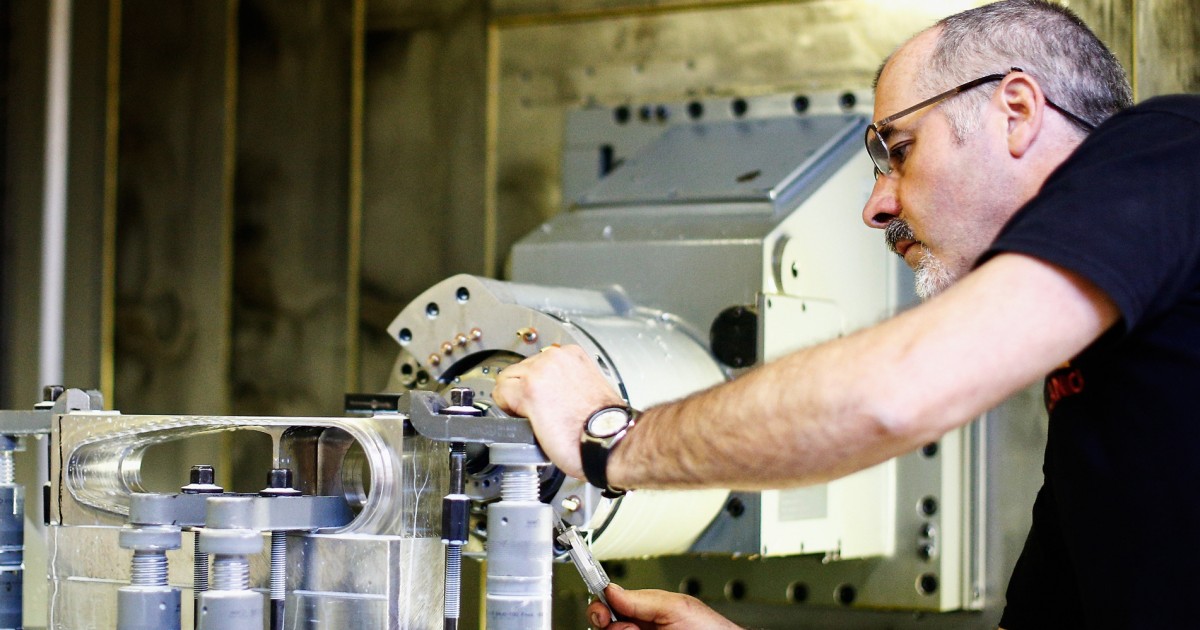
Mirrors
In space and astronautical engineering, mirrors are used for a variety of purposes such as reflecting and focusing light, redirecting laser beams, and as part of optical instruments. Mirrors are also used in telescopes to collect and focus light from distant objects in space. In addition, mirrors are used in spacecraft for communication purposes, as they can reflect and redirect radio waves. Mirrors are also used in solar power systems, where they are used to concentrate sunlight onto a small area to generate electricity. Finally, mirrors are used in space suits to allow astronauts to see behind them.
Your Previous Searches
Random Picks
- Tides: In space and astronautical engineering, tides refer to the gravitational forces exerted by celestial bodies, such as the moon and the sun, on the oceans and other bodies of water on Earth and other planets. These forces cause the water to b ... Read More >>
- Radiation Environment: Radiation environment refers to the conditions of ionizing and non-ionizing radiation in space that can affect spacecraft, astronauts, and electronic equipment. The sources of radiation in space include solar flares, galactic cosmic rays, a ... Read More >>
- Atmospheric Radiation Measurements Program (ARM): The Atmospheric Radiation Measurements Program (ARM) is a comprehensive program that focuses on improving the understanding and representation of clouds and radiative processes in climate and earth system models through the use of long-term ... Read More >>
Top News

Scientists release plans for an even bigger atom smasher to address the mysterie...
GENEVA — Top minds at the world’s largest atom smasher have released a blueprint for a much bigger successor that could vastly improve research into the remaining enigmas of physics....
News Source: NBC News on 2025-04-01

Scientists release plans for even bigger atom smasher along the French-Swiss bor...
Scientists at the world’s largest atom smasher have released a blueprint for a much bigger successor that could help solve enigmas of physics, starting in the mid-2040s at a cost of about $16 billio...
News Source: ABC News on 2025-04-01

The 'Blaze Star' hasn't exploded yet, but it could soon...
T Coronae Borealis has an outburst every 79 to 80 years, according to NASA....
News Source: ABC News on 2025-03-28
I visited the sprawling 'metroburb' where 'Severance' is filmed. It's a 2 millio...
Bell Works, the real office complex that doubles as Lumon on "Severance," is redefining what an office can be....
News Source: Business Insider on 2025-03-28

We've spotted auroras on Neptune for the first time...
After 34 years of searching, astronomers have finally confirmed Neptune has auroras, thanks to data from the James Webb Space Telescope...
News Source: New Scientist on 2025-03-27